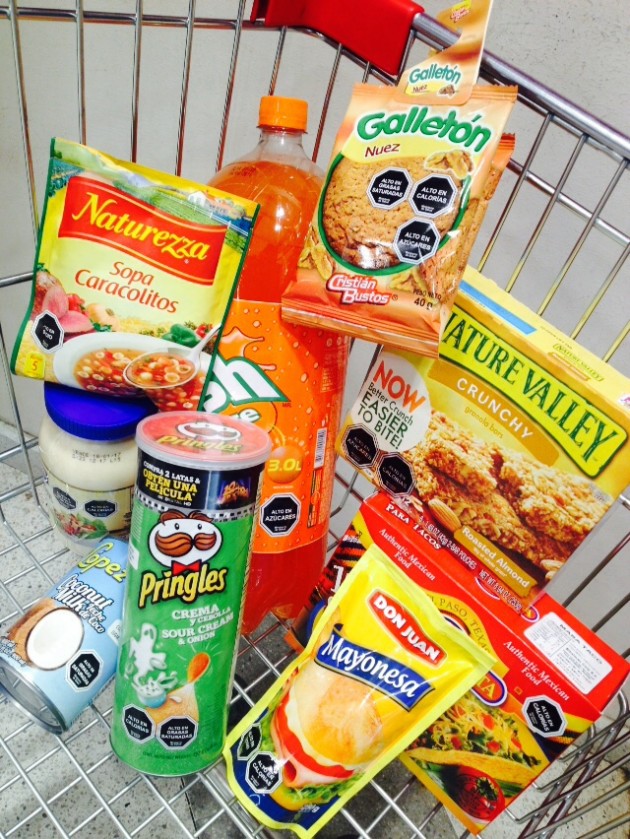The Chilean government has implemented new food labelling laws covering locally produced and imported food products in an attempt to combat the country’s rising obesity levels.
With 60 per cent of Chileans considered overweight or with obesity-related health problems, and Chile ranked the number one country in Latin America for child obesity, the Chilean government has taken strict measures to improve health awareness.
Shannon Powell, Austrade’s Santiago-based senior trade and investment commissioner, said while law No 20.606 was passed by the Chilean Congress in 2012, it only came into force on 27 June.
“The Ministry of Health now requires all food and drink packaging, including all food and beverages imported in Chile, to carry a ‘black octagonal stop sign’ warning label if the item is ‘high in’ calories or ingredients such as sugar, salt and saturated fat,” she said.
The ‘black octagonal stop-sign’ warning labels will apply to all solid food products which exceed the following limits:
- ‘High In calories’: 275 calories or more per 100g
- ‘High In saturated fats’: 4 grams or more of fat per 100g
- ‘High In sugar’: 10 grams of sugar or more per 100g
- ‘High In sodium’: 400mg of sodium or more per 100g.
Food and beverage products mandated to carry the black ‘High In’ warning label will be banned from promotion and sale at schools.
Advertising on television, radio, in print publications and the Internet targeting this demographic will also be banned.
Powell said the purpose of these strict new food labelling laws, considered to be among the toughest in the world, is to provide the consumer with clearly visible information to make healthier choices.
"As the black sign shocks Chilean consumers into revising their eating habits, it opens a unique window of opportunity for Australian companies which produce ‘High In’ exempt and nutritious foods," Powell said.
"Australia’s reputation for producing high-quality, nutritious food options has not gone unnoticed.
"Chilean retailers are worried about the lack of black sign-free options in their aisles and are actively seeking new products.
"This has seen Austrade Santiago receive increasing requests for introductions to Australian brands, especially across the healthy snacks and drinks segments and new food innovations."
Chile is also a prominent regional food and goods market.
This means an Australian food exporter entering Chile may gain access to other Andean South American countries, which offer a combined population of approximately 160 million.







